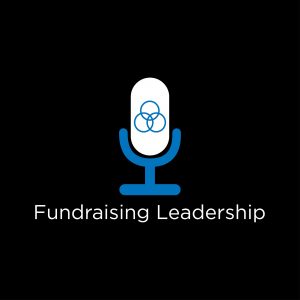
In this episode of the Leadership Deep Dive, Margaret and David explore what it means to “Take Your Hand Off The Hot Stove.” That’s a metaphor for the nuances of emotional regulation, and why simply “feeling your feels” isn’t always the same as getting burned by them.
Have you ever found yourself in a meeting where one piece of bad news sends you into a spiral of anger, panic, or self-doubt? One minute you’re fine, and the next, you’re raising your voice, shutting down completely, or mentally drafting your resignation letter.
We’ve all been there. In the world of Positive Intelligence (PQ), this sudden emotional hijacking is often compared to touching a hot stove. The question isn’t whether you’ll touch the stove—life happens, and triggers are inevitable. The real question is: How fast can you take your hand off?
What You’ll Learn in This Episode:
- The “Hot Stove” Metaphor Explained: We break down Sherzad Chamin’s concept of saboteurs and why recognizing them quickly is the first step to emotional freedom.
- Fight, Flight, Freeze, or Fawn: Recovery looks different for everyone. We discuss why a “Pleaser” might need to find their anger, while a “Controller” might need to find their pause.
- The Difference Between a Trigger and a Hijack: Understanding the distinction between the initial spark (the trigger) and the resulting forest fire (the hijack) can change how you lead.
- Why Grief is Exempt: We talk about why grief isn’t an affliction to be fixed, but a necessary expression of love.
- The Power of Practice: Why emotional intelligence isn’t a destination, but a muscle you build over time (sometimes three minutes at a time).
If you are a leader looking to move from reaction to skillful response, or just someone tired of getting burned by your own “saboteurs,” this conversation is for you.
Join us as we discuss how to stop reacting and start responding with more curiosity, empathy, and clear-headed action.
Ready to build your mental fitness?
If you want to dive deeper into the Positive Intelligence program and learn how to quiet your saboteurs, reach out to us. We’d love to help you start your journey toward more skillful leadership.
